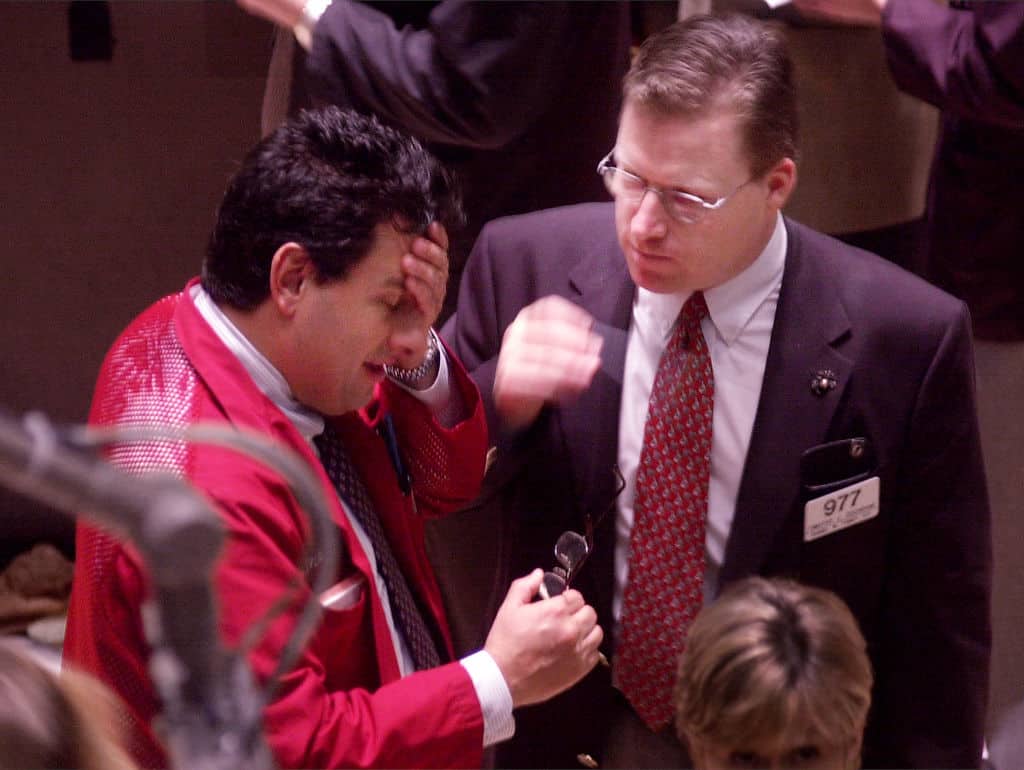
24/7 Wall Street Insights
- A global economic meltdown is apparently underway, affecting equities particularly, but also impacting cryptocurrencies and commodity prices.
- A perfect storm of negative economic news, dashed hopes for a moderate “Goldilocks” outcome, poorly times Central Bank decisions, and the advent of a potential World War III are creating another “Black Monday”.
- Treasury Bonds and interest rate sensitive securities are some of the only beneficiaries.
- Despite today’s sell-off on economy-wide fears, there is huge potential that could be fantastic “buy the dip” opportunities, make sure to grab a free copy of our brand-new “The Next NVIDIA” report. It features a software stock we’re confident has 10X potential.
At the time of this writing, the Dow Jones Industrial Average and NASDAQ have both been down over 1,000 points, and many economists and trades believe we are experiencing another “Black Monday”. Unlike past market collapses, there were some warning signs that many ignored, and numerous financial reports from the US and other government agencies have proven to be inaccurate. By 9:45 am on Monday, August 5th, almost $2 trillion had been wiped out from US markets.
Early Warning Signs
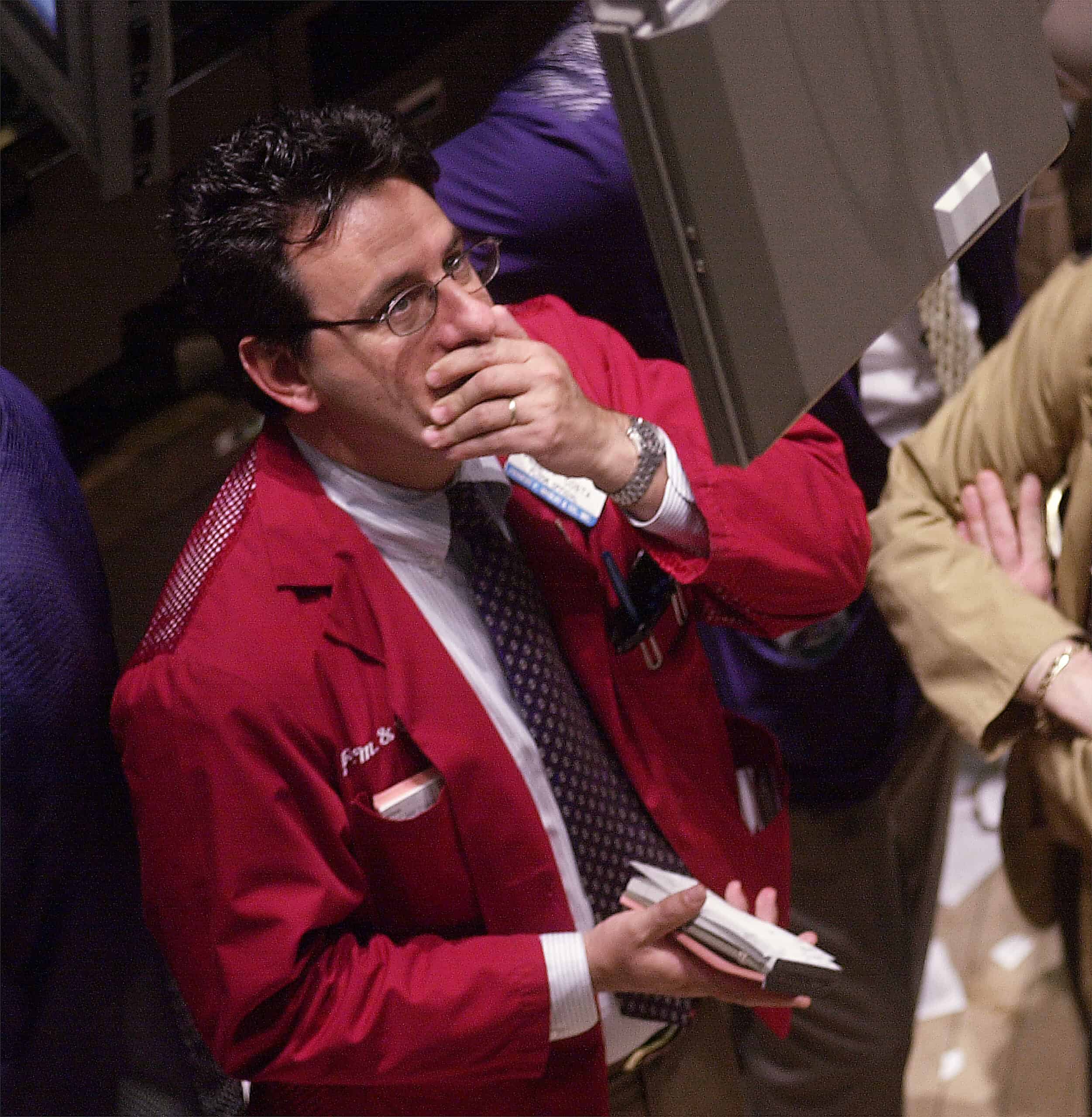
Last Friday’s weak jobs report reignited inflation fears, since the trillions of US government borrowing does not appear to be working, and corporations are cutting spending. The fall in US markets spread globally, with the Asian and European markets following through the weekend.
The sell-offs have triggered a domino effect of depressing prices that subsequently invoke margin calls, which lead to further sell-offs.
Inflation
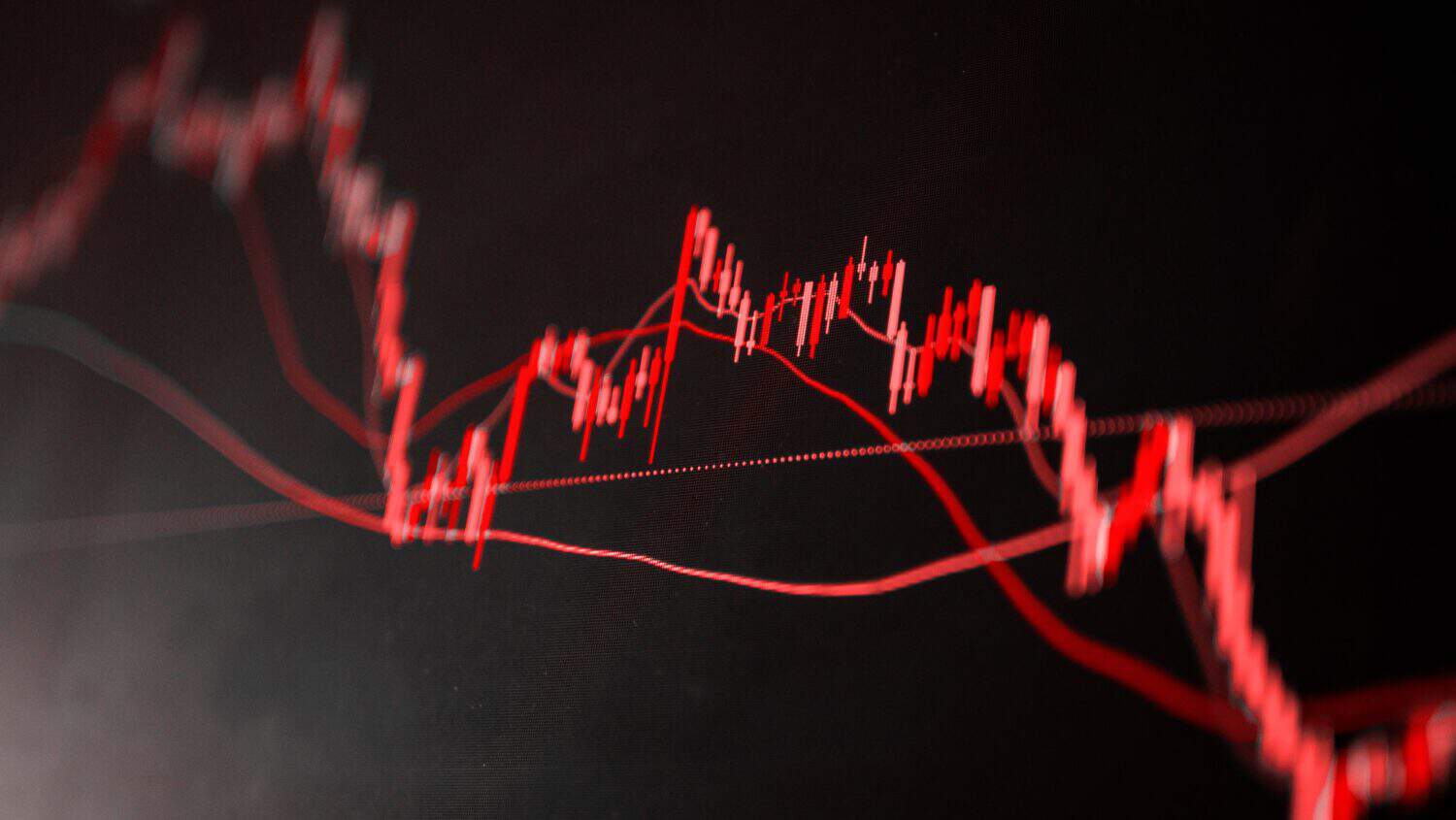
The optimism from the investment community that Jerome Powell’s pending interest rate cut would lead to a “Goldilocks” (i.e., not too hot or too cold) inflation recovery took the jobs report news like a knife to the heart. Goldman Sachs now predicts a 25% chance of a recession. The fears have since spread globally, with China’s factory outputs also receding, and affecting the Magnificent Seven tech stocks, which were misleadingly driving an overpriced equities market into bubble territory. At the time of this writing, the VIX (Volatility Index), also referred to as Wall Street’s “fear gauge” is at 62. The last time it reached 50 was during the Covid-19 pandemic.
Banking Policy

Last week, the Bank of Japan disastrously miscalculated the aftereffects of its decision to raise interest rates by 15 bps in an attempt to support the Yen. While boosting the Yen’s demand, this created a chain reaction that crushed the $20 trillion yen carry trade and wiped out trillions in leveraged trades, forcing liquidations that caused a -4,500 point Nikkei crash and contagion across the globe. According to the Financial Times, Japanese institutional and individual investors were not convinced by the “Japan is Back” claims, and that any significant market buying was coming from abroad. Those same foreign investors are now dumping their Japanese assets.
Equities
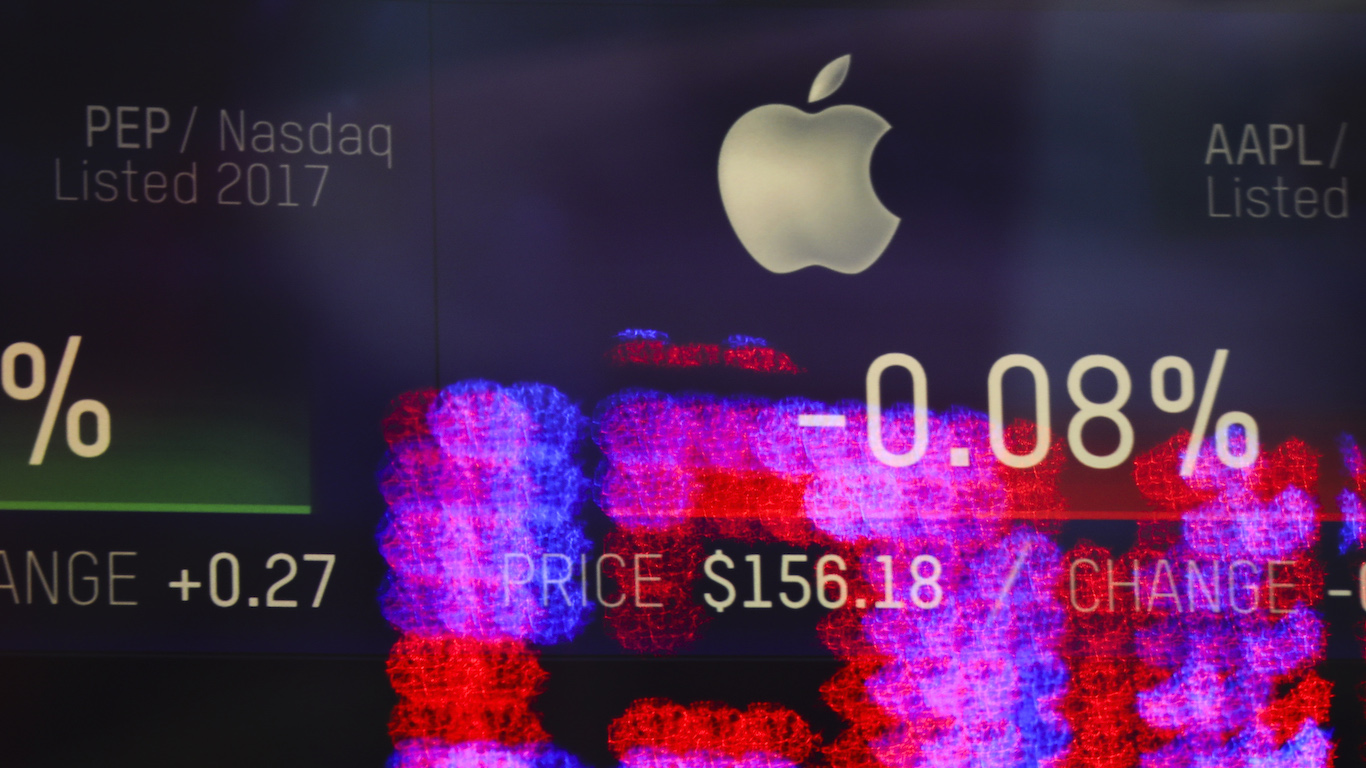
There are a number of bearish events that the equities market saw in the last 24 hours:
- All of the Magnificent Seven stocks were down: MSFT (-9.88%), AAPL (-3.5 to 7%), NVDA (-5%), AMZN (3.11%), META (-1.5 to 5%), GOOG (-1.7 to 3%), and TSLA (-2.3 to 9%).
- Berkshire Hathaway announced it had sold 50% of its Apple holdings and other holdings in a selling spree..
- Semiconductor sector and other tech stocks are also taking hits in their stock prices.
- Some cracks in the AI wall are appearing, as investors are starting to have misgivings over the massive spending being devoted to AI and whether or not they are justified.
Commodities and Forex
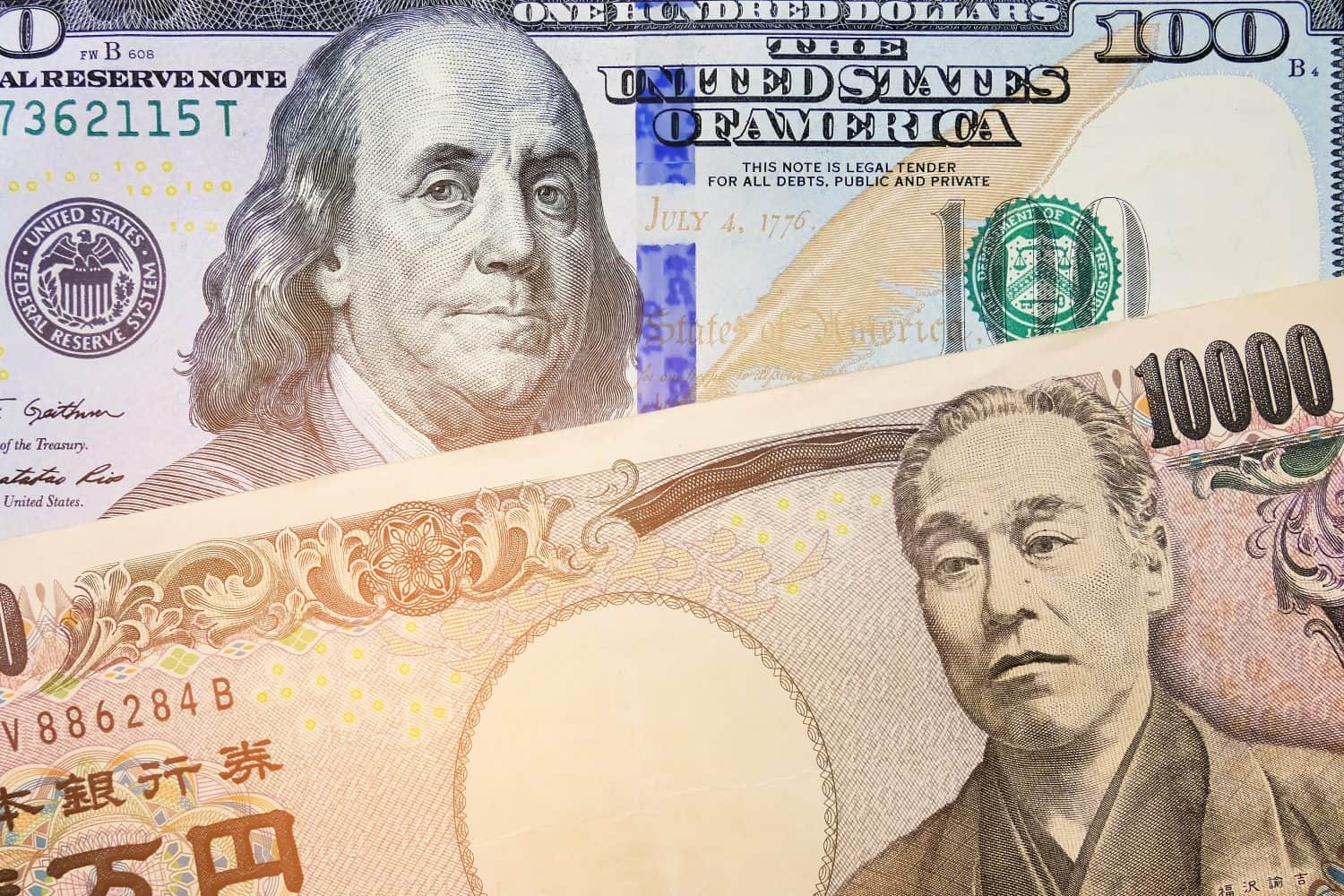
While equities across the board are getting pummeled, both crude oil and gold are also taking hits. Crude oil WTI was down almost 1.9%, and gold down 1.13%.
Unsurprisingly, the Yen received a boost. But the result was a hit to the US dollar, and the USDJPY pullback was -142.05.
Cryptocurrency
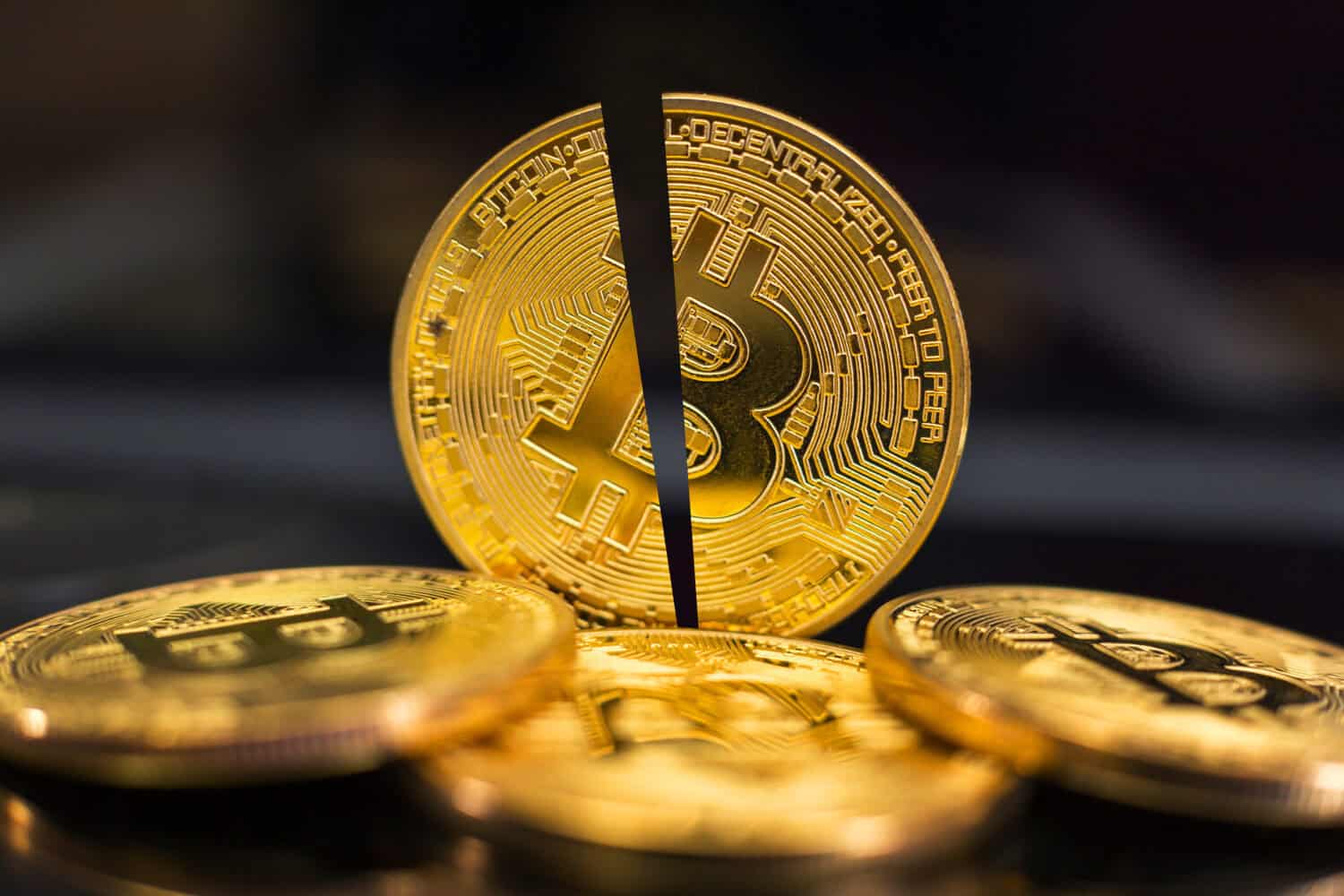
Bitcoin (BTC) was down 10%, and traded at $49,513, breaking a crucial $53K support level. Testing and breaking $53K again could lead to further dropping. Other cryptocurrencies across the board were also depressed.
Geopolitics

Iran’s launching of missiles at the Golan Heights has ignited fears of an all out war breakout. The concerns of escalation to a potential World War III are not unfounded. Lack of a coherent and consistent US foreign policy has emboldened bad actors on both sides of the conflict, which has been festering for over a half century.
Riots in the UK between British citizens and Islamic migrants have made Southport, Manchester, Liverpool, and other UK cities into war zones. A 17-year old migrant alleged to have raped and stabbed innocent British women was said to be the tipping point.
Fixed Income
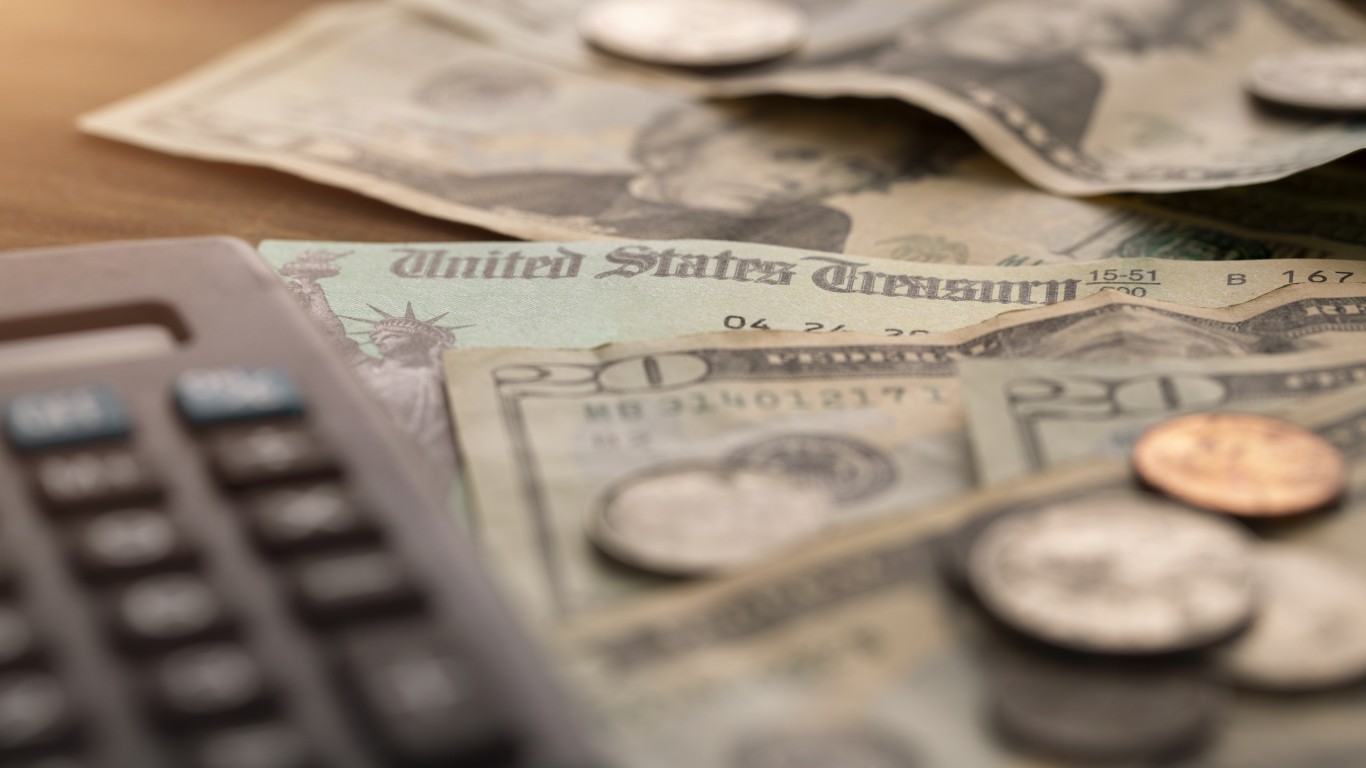
US Treasury Bonds and other presumably safe fixed-income securities appear to be the only beneficiaries of the current economic meltdown. Bonds, the perceived “flight to safety” haven for investment, appears to have re-emerged, at least for the time being.
While today certainly feels like “Black Monday”, markets historically fall faster than they rise, so the jury is still out as to whether this is a singular event akin to a hiccup or if it is the start of a full blown economic flu that may take an even longer recovery time.
100 Million Americans Are Missing This Crucial Retirement Tool
The thought of burdening your family with a financial disaster is most Americans’ nightmare. However, recent studies show that over 100 million Americans still don’t have proper life insurance in the event they pass away.
Life insurance can bring peace of mind – ensuring your loved ones are safeguarded against unforeseen expenses and debts. With premiums often lower than expected and a variety of plans tailored to different life stages and health conditions, securing a policy is more accessible than ever.
A quick, no-obligation quote can provide valuable insight into what’s available and what might best suit your family’s needs. Life insurance is a simple step you can take today to help secure peace of mind for your loved ones tomorrow.
Click here to learn how to get a quote in just a few minutes.
Thank you for reading! Have some feedback for us?
Contact the 24/7 Wall St. editorial team.





